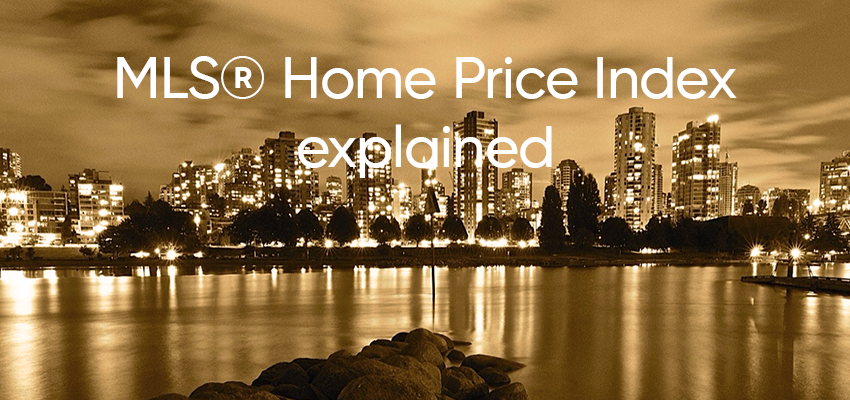To understand what makes Vancouver's real estate market so challenging, one must examine the city's overall economic and demographic trends. Vancouver has a reputation for being a desirable location for foreign buyers, especially those from mainland China. This influx of cash has contributed to price increases in certain areas, especially in upscale neighborhoods such as West Point Grey, Shaughnessy, and Kitsilano. However, these areas only represent a small fraction of Vancouver's real estate market. There are many other areas in the city, ranging from older neighborhoods like East Vancouver to newly developed suburbs like Surrey, where real estate transactions tend to be less expensive. The key to success in Vancouver's real estate market is knowing where to look for properties and how to position them.
Another challenge posed by Vancouver's real estate market is the fluctuation of demand. Because Vancouver is a relatively small city (compared to other North American metropolises), it's vulnerable to sudden market shifts. Buyers may flock to Vancouver from other parts of Canada or abroad, driving up prices and generating a bidding war on properties. Conversely, when buyers step back, the market can stagnate, leaving homeowners with properties that sit on the market for months or even years. To time a real estate transaction in Vancouver, one must be mindful of these fluctuations and adapt to them accordingly.
One way to stay ahead of the curve is to monitor the real estate market data carefully. Several online resources, (including asking your REALTOR®) provide tools that allow buyers and sellers to track the sales activities of different neighborhoods in real-time. By analyzing the market against current trends and future needs, one can successfully time a real estate transaction in Vancouver. While this might involve some guesswork, it also offers an opportunity to get ahead of the curve and position oneself for maximum profitability.
Another factor to consider when timing a real estate transaction in Vancouver is the season. Conventionally, spring and summer mark the peak buying periods, while fall and winter are generally slower. However, this may vary depending on the area. In general, the West End and Kitsilano areas tend to operate slower in the fall and winter while the rest of the city remains consistent year-round. Thus, timing a real estate transaction would depend on the area in which the property is located.
Finally, one must consider the overall condition and attractiveness of the property. While the changing nature of Vancouver's real estate market does play a role in timing a successful transaction, it is often overshadowed by the other factors mentioned above. For instance, a house that is staged well and priced reasonably will look attractive to buyers regardless of current market trends. On the other hand, a poorly maintained property may languish on the market, regardless of the seller's willingness to negotiate or the current demand levels. Thus, before one sets out to sell or buy a property in Vancouver, it is important to assess its current state and make adjustments accordingly.
Buying or selling a property in Vancouver can be a lucrative investment if done correctly. While Vancouver's real estate market is complex and difficult to navigate, a little bit of research, coupled with a good understanding of market trends, can go a long way towards timing a successful transaction. By monitoring the market closely, assessing current conditions, and adopting a flexible approach, buyers and sellers alike can make informed decisions and profit from Vancouver's thriving real estate market. If one is willing to put in the effort and invest wisely, Vancouver can be a land of boundless opportunity.




Leave a Reply
Your email address will no be published. Required fields are marked*